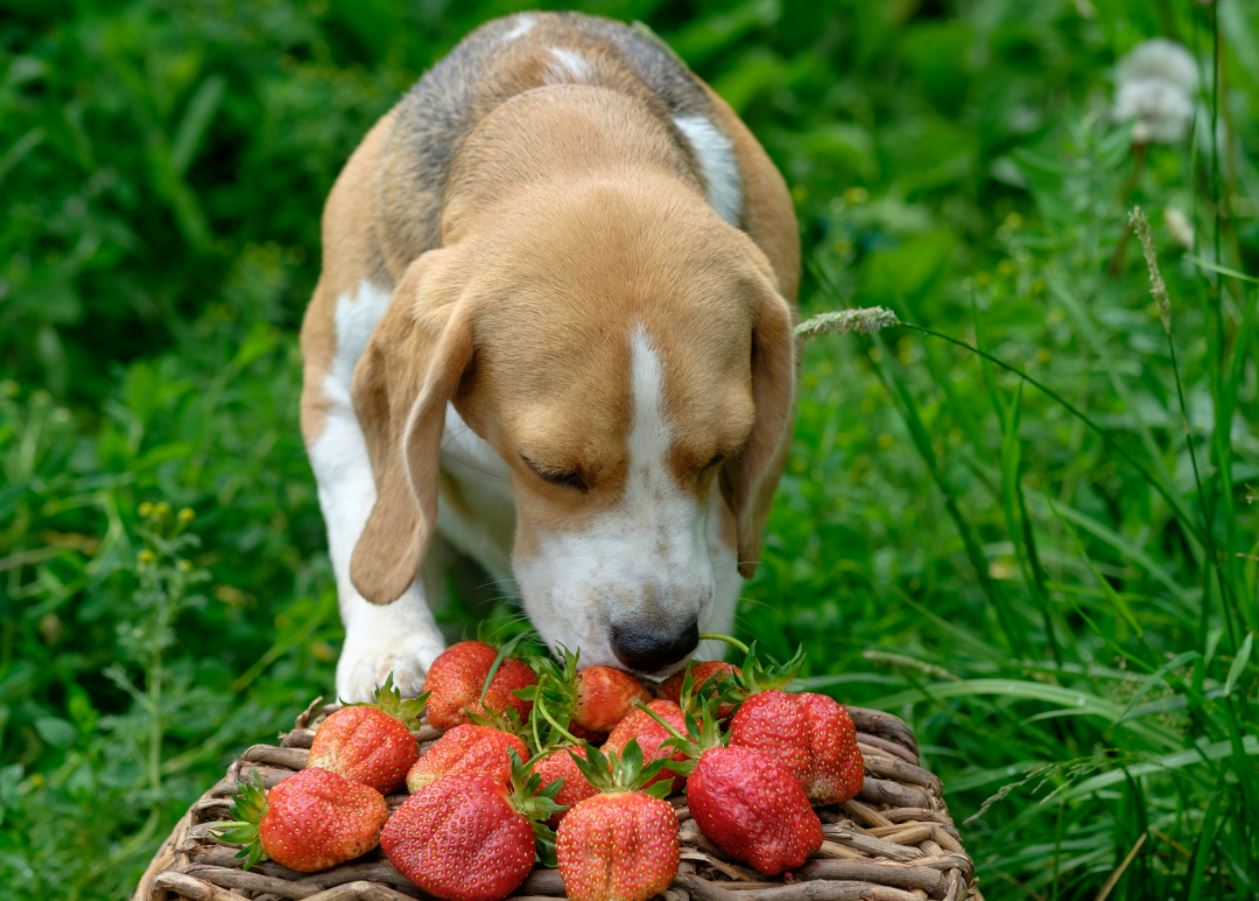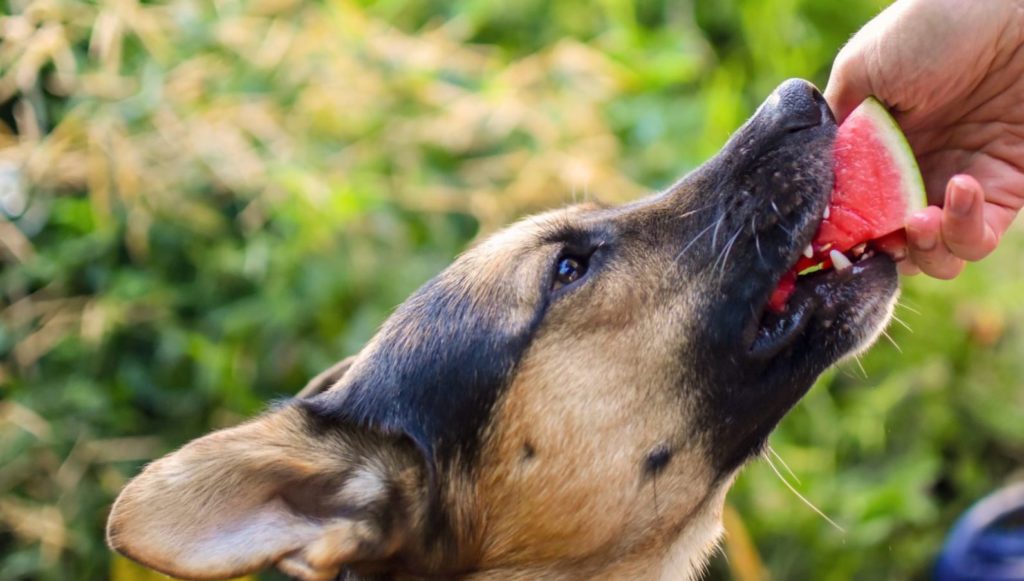Changing your senior dog’s diet according to their nutritional needs, health ailments, and concerns is your responsibility as a pet owner. What every fur-parent or Bernedoodle breeder wants every dog owner to know is that a nutritious diet is more important than it seems. Not only will this alleviate the physical signs and pain of aging, but this will also facilitate their transition to this stage of their lives.
Here are some fruits and veggies worth adding to your senior dog’s diet.
Apple
Apples are a great treat or snack for senior dogs. They are a great source of vitamin A for good vision and vitamin C for reducing inflammation and supporting their immune system. They are also low in fat, which is ideal for senior dogs that are not as active as they used to be. Be sure to remove the core and the seeds before feeding them to your senior dog.
Beet
Beets are also rich in vitamin C and other nutrients like calcium, zinc, iron, and more. Adding a few slices to a meal can benefit their skin, coat, digestive system, immune system, and heart health.
Carrot
Another great source of vitamin A is carrots. This crunchy snack or side dish isn’t just fun to munch on. They’re low-calorie, high in fiber, and a great source of vitamins B, C, D, E, and K.
Cucumber
Cucumbers are great for overweight senior dogs, especially since they’re not as active as they once were. Cucumbers provide potassium, biotin, vitamins, C, K, and more. Remove the seeds and chop them into bite-size pieces before serving.
Raspberry
For a good source of antioxidants and anti-inflammatory properties, add some raspberries to their diet. Raspberries are a great source of other nutrients and minerals, too. However, they contain a small amount of xylitol, so be sure to serve these in moderation.

Pear
For more vitamin C and K, add pears to your dog’s diet. Similar to raspberries, pears should be fed to your dog in moderation. Veterinarians recommend that pears should only be up to 10% in their daily intake. Additionally, always go for fresh, organic pears than processed, canned pears. The latter contain too many preservatives and artificial sugar, which are unhealthy for your dog.
Peach
Peaches, a great source of vitamin A and fiber, should also be fed in moderation. Although they make great summer treats, too much of them can cause diarrhea. When feeding your senior dog fruits and vegetables, bear in mind that they are carnivores in nature, so their digestion varies from human digestion.
At What Age Is a Dog Considered a Senior?
Different dogs have different time frames. Generally, bigger dogs age faster than smaller ones. But in most cases, dogs reach seniority between the ages 5 and 10. It’s important to note that the terms senior and geriatric mean slightly different things. Old dogs are mostly still healthy, but they’re starting to have signs of aging. On the other hand, geriatric dogs are on the other end of the aging spectrum and are more susceptible to issues related to their health.
Should Senior Dogs Take Supplements, Too?
Dog owners can have a delicious and nutritious meal plan, and yet their dog can still have no appetite for it. It’s normal for senior dogs to have reduced appetite, and sometimes it’s caused by an underlying health problem. Should this be the case, have a professionally- formulated meal plan instead. Diabetes, joint pains, dental diseases, and more are common among senior dogs and should be considered in making a meal plan. Because of their age and existing health conditions, extra thought should be put into preparing their meals. Opt for ones that appeal really appeal to their sense of smell to encourage an appetite. Be sure to prepare any homemade or home-cooked pieces into bite sizes, especially if they have dental disease.
If nothing seems to do it for them, consider supplements. Supplements are usually packed with vitamins and nutrients that aren’t present in a diet. They typically include properties that help with arthritis and joint pain, which is common in old age.
Potential Health Risks
Maybe your dog hasn’t tried eating raspberries or apples yet, but there’s always a first time for everything. Although this can be a fun and fulfilling experience for you and your dog, it’s essential to pay attention to any allergic reaction they might have to the food they’re eating for the first time. If your pet shows any signs of skin issues, vomiting, swelling in the lips, ears, eyelids, or chronic infections on the paw or ear, it may be an allergic reaction. Take them to your vet immediately.
In Summary
Fruits and vegetables aren’t just healthy for humans; these have health benefits for dogs, too. However, because they have a different digestive system, dogs’ bodies have a different way of processing fruits and vegetables. Be sure to feed certain fruits and veggies in moderation for a healthy senior dog.





